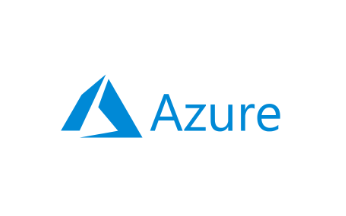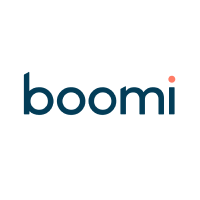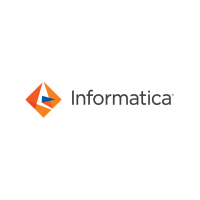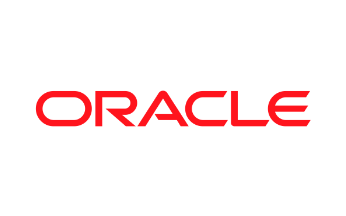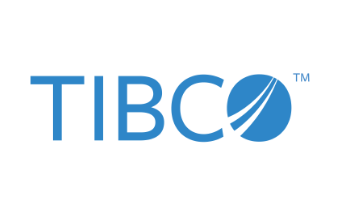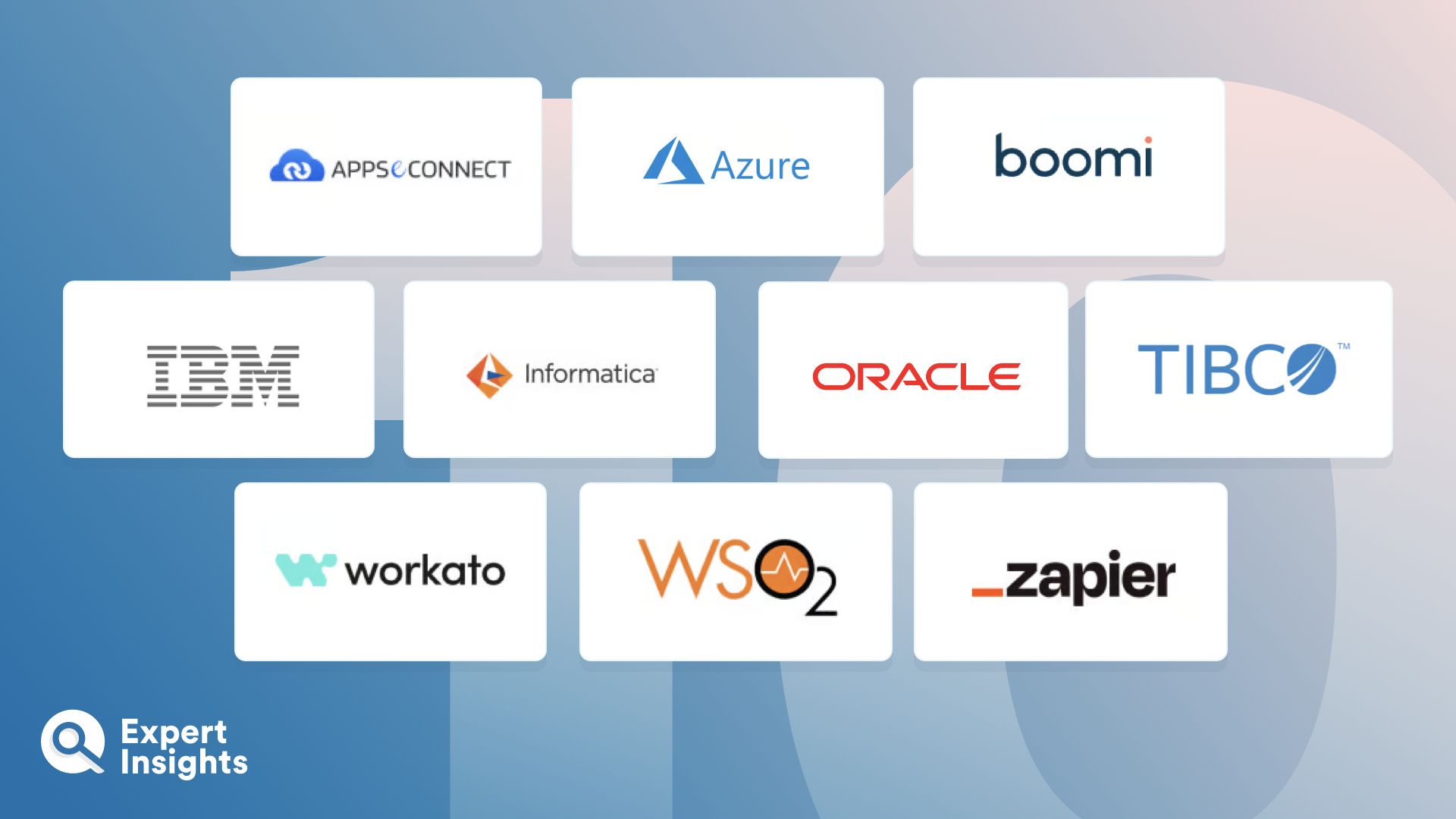Enterprise Application Integration (EAI) platforms enable organizations to streamline and automate workflows, processes, and data exchange between various applications and services. This helps businesses reduce complexities, minimize errors, and improve efficiency. EAI platforms allow for seamless communication, collaboration, and data flow within an organization, irrespective of the underlying application and data formats.
A successful EAI platform plays a crucial role in bridging the gap between different software systems, databases, and business processes to ensure that data is shared accurately and securely. By implementing an EAI solution, organizations can unlock valuable insights, integrate their applications faster, and be more agile, as they adapt to the ever-changing business landscape.
The enterprise application integration market is highly competitive, with numerous providers offering a wide range of integration solutions and services. These platforms often include functionality for data transformation, protocol mediation, orchestration, API management, and analytics.
This guide will explore the top enterprise application integration platforms, taking into consideration their functionalities, ease of use, flexibility, scalability, and overall effectiveness. We will also discuss the key features, integration capabilities, supported connectors, and customer feedback to rank these platforms.




